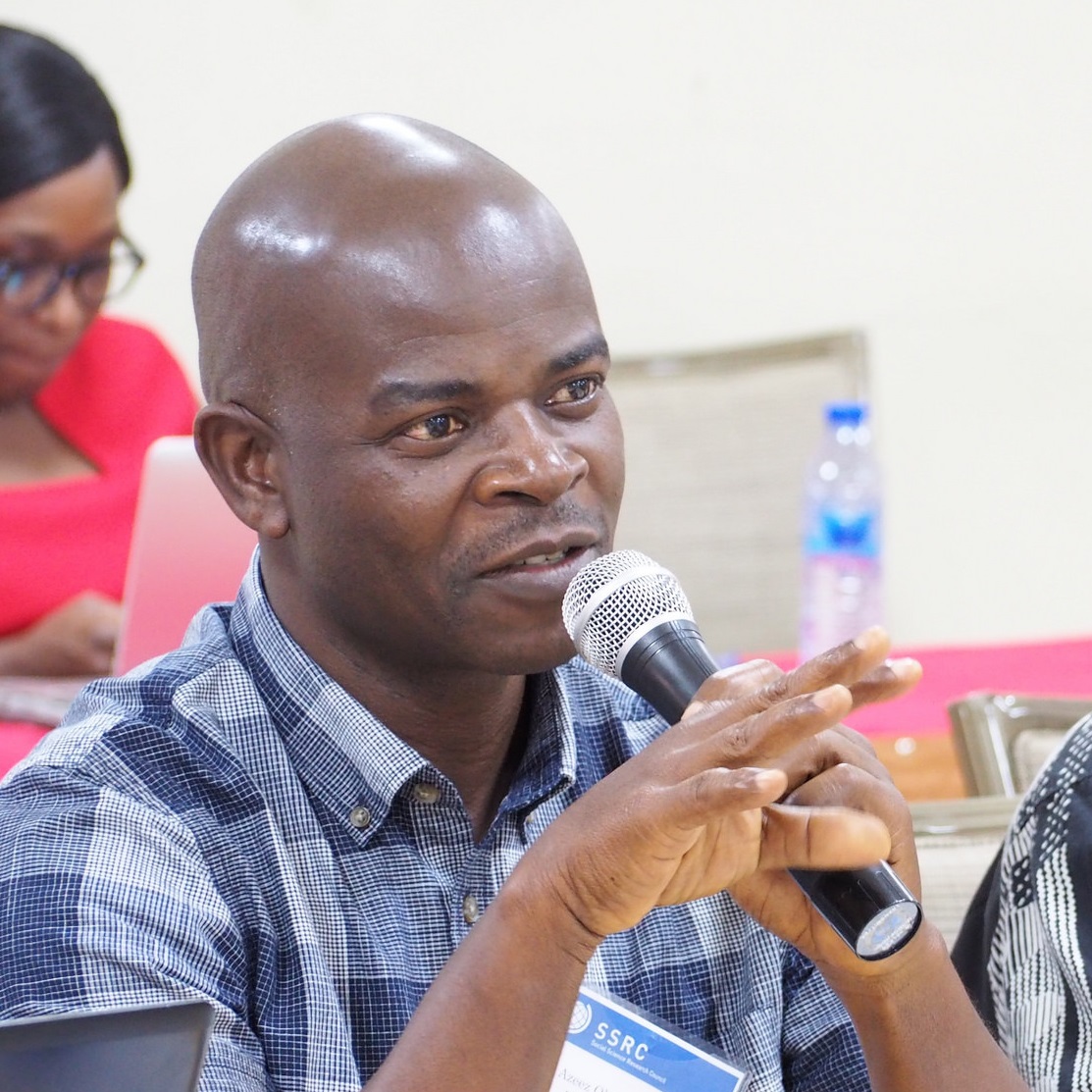Bio
Azeez Olusola Olaniyan is a senior lecturer in the Department of Political Science at Ekiti State University, Ado Ekiti, Nigeria. He is also the assistant director of the Institute of Peace, Security and Governance of the same university. He completed his PhD in Political Science at the University of Ibadan, Nigeria. His research interests revolve around issues related to conflict and security studies, ethnic politics, social movements, and political ecology. He is a recipient of a number of grants and fellowships, which include: Research/Writing Fellowship at the Rachel Carson Center for Environment and Society, Ludwig-Maximillians University, Munich, Germany; Postdoctoral Research Grant/Fellowship by the American Council for Learned Societies for the African Humanities Progamme; Postdoctoral Fellowship at the University of KwaZulu-Natal, Durban, South Africa; and Graduate Summer Training Fellowship by the Factory of Ideas, Center for Afro-Asia Studies, Federal University of Bahia, Salvador, Brazil. He is also a laureate of the APSA Africa Workshop. In furtherance of his academic activities, he has attended conferences, trainings, and workshops in several countries through grants obtained from various bodies. Between November 2010 and February 2012, he served as a Chairman Caretaker Committee of Ekiti Southwest Local Government Area of Ekiti State, Nigeria.

